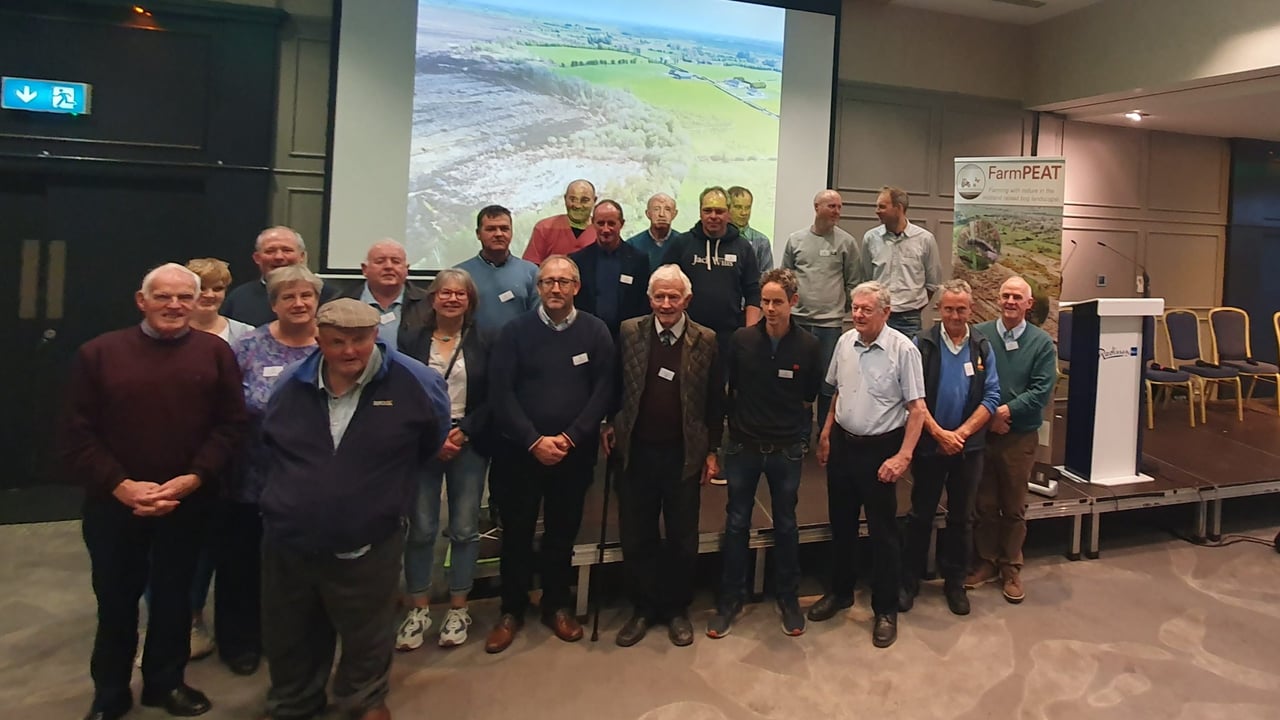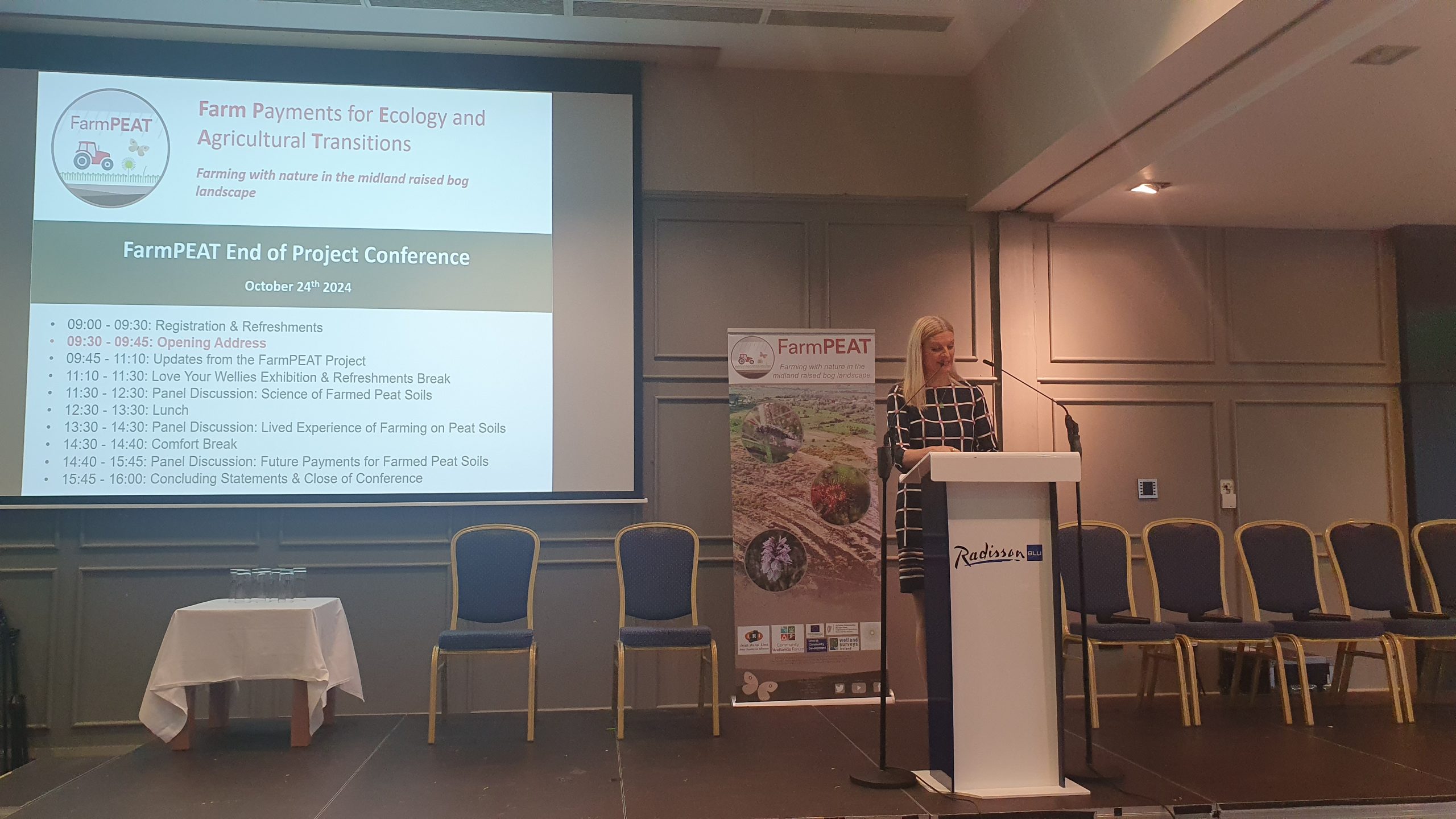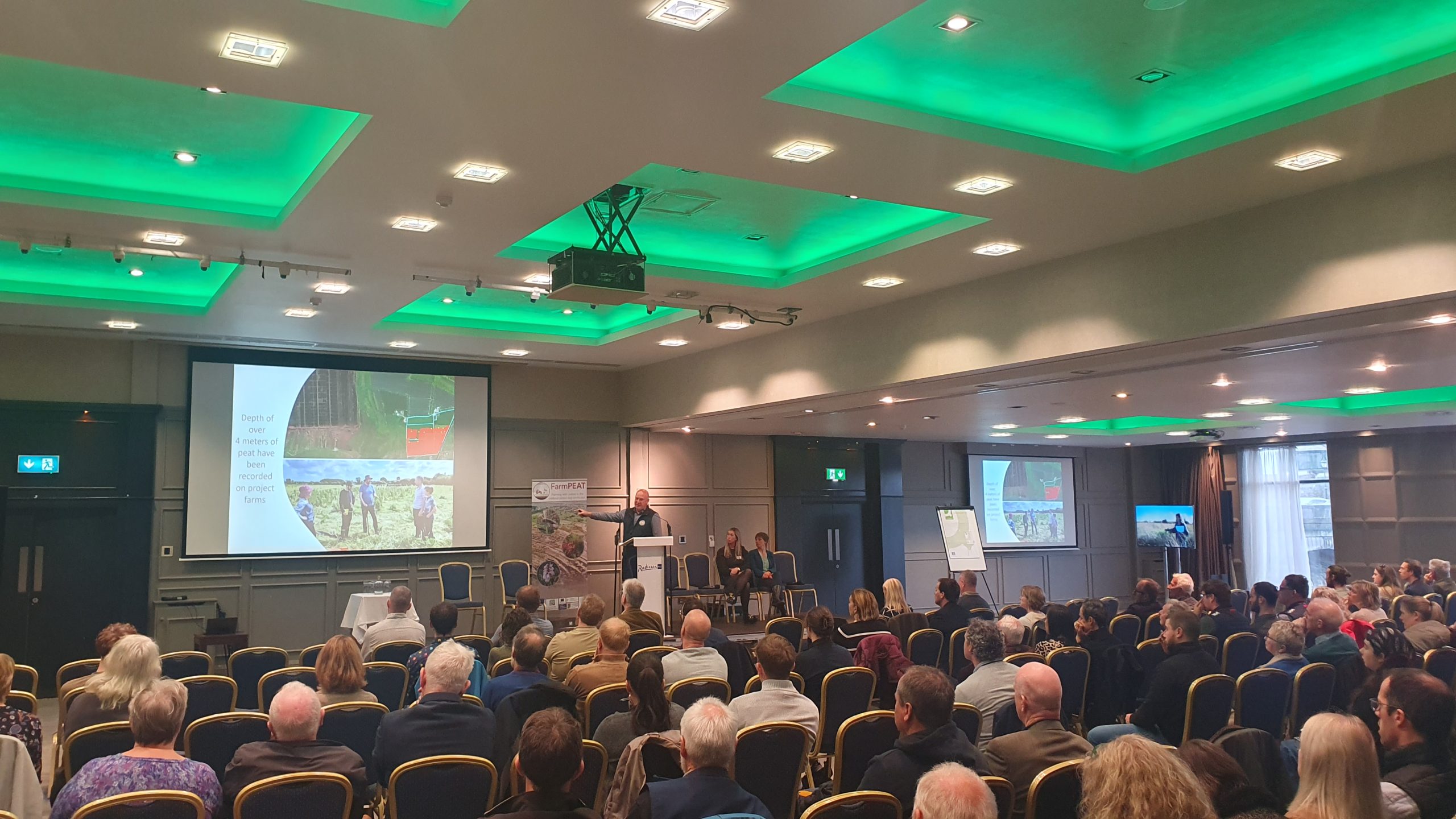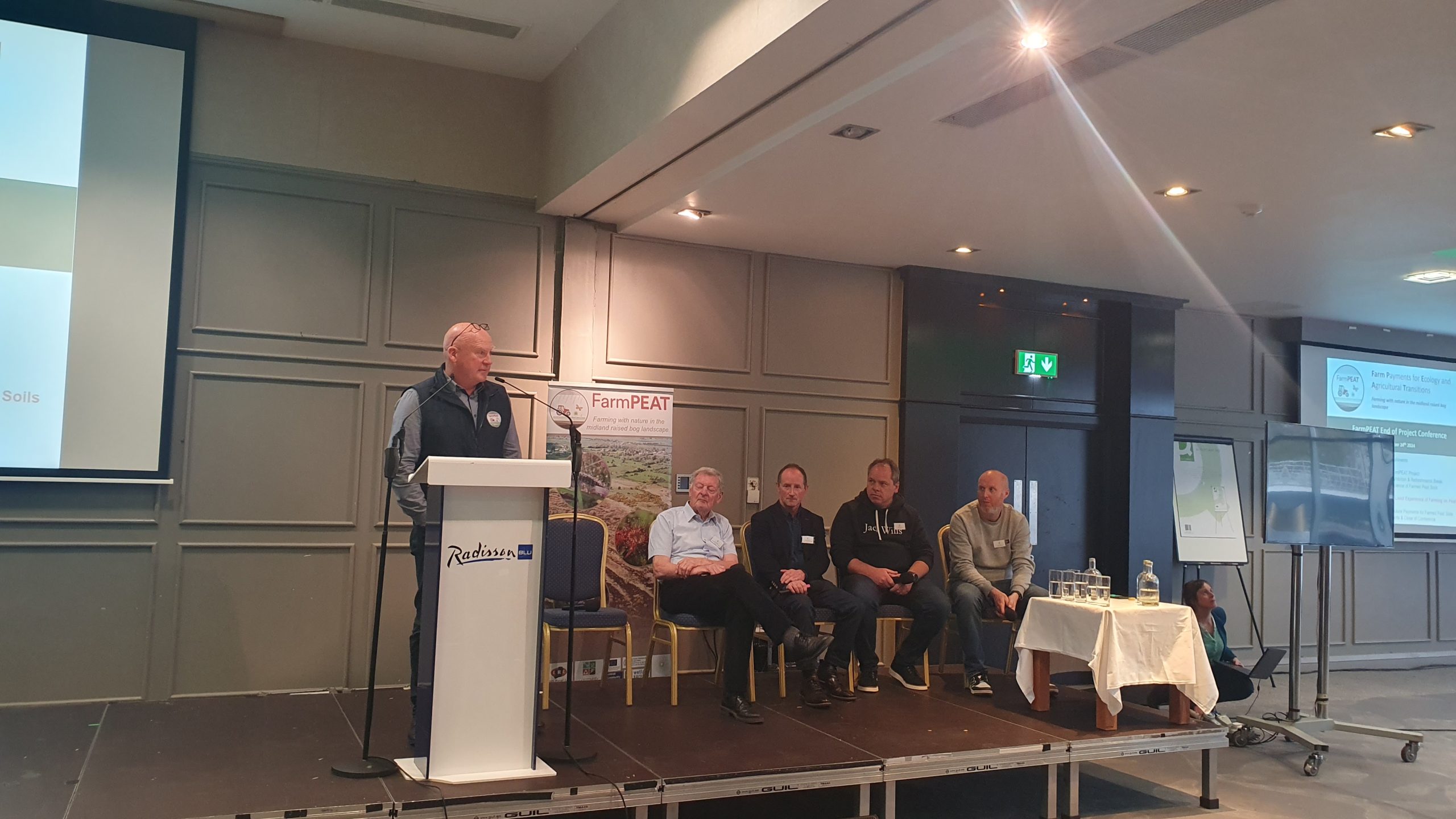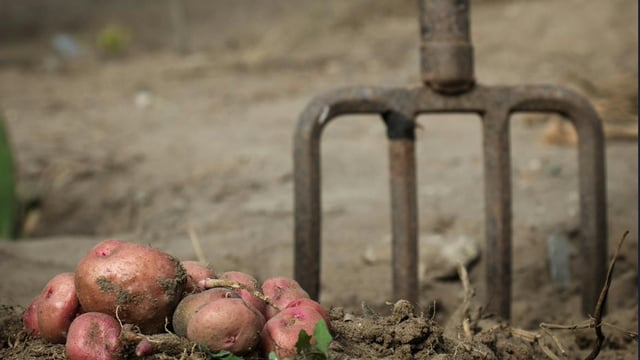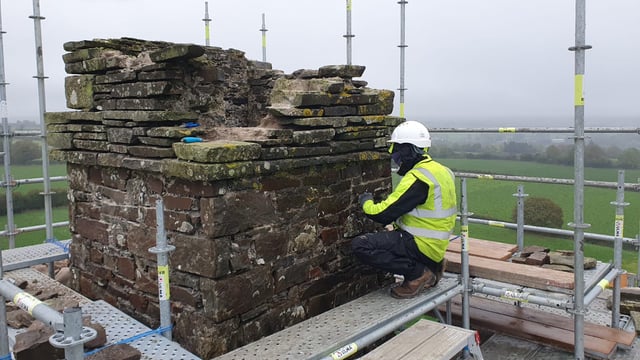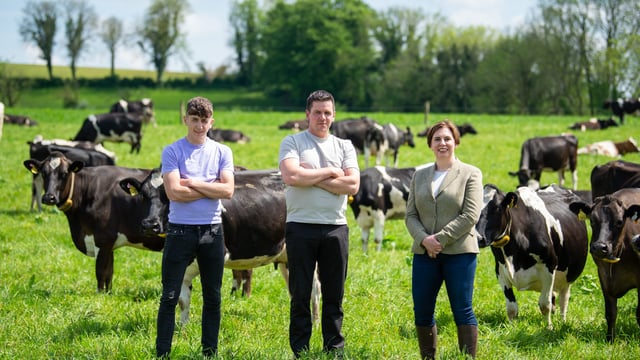€500k in FarmPEAT pilot project payments
More than €500,000 will have been paid to farmers who participated in the results-based agri-environmental programme adapted to the raised bog landscape in the midlands, called FarmPeat.
The figure was outlined at the end of project conference held in Athlone, Co, Westmeath last week (Thursday, October 24).
The aim of the project was to find ways of managing agricultural land on peaty soils for the benefit of climate, biodiversity and water quailty.
The 'supporting actions' in the projects included the removal of artificial drainage, resulting in a rise in the water table in some areas.
The project team confirmed that €371,554 euro has been paid to the participating farmers since the project began in April 2021 up until August this year.
The breakdown of those payments is as follows:
- Results-based payments (RBP): €262,010;
- Supporting actions (SA): €55,113;
- Other payments (e.g., host farm, training, study farm): €54,431.
The estimated payments for the rest of 2024 are outlined as follows:
- Estimated RBP: €100,000;
- Estimated SA: €25,000;
- Estimated other payments: €8,500.
This would bring the total payments made via the pilot project to €505,054 and the payments were linked to the quality of nature of the farms.
Supporting actions included measures such as watercourse protection, improved habitat quality, peat restoration or control of invasive species.
FarmPEAT involved a total of 53 farmers across eight project sites covering a total areas of 1,341ha.
The average farm size was 25.3ha and 51% of the participant farmers were farming full-time, while 49% of the farmers were part-time.
Minister of State with responsibility for land use and biodiversity, Pippa Hackett spoke at the Athlone conference where she said: "Reducing emissions does not mean flooding the land.
"We can still farm on peat soil and raise the water table."
The minister praised the efforts made by the FarmPEAT farmers and project team but added that Ireland needs longer term plans beyond the likes of European Innovation Partnerships (EIPs) or similar short-term funded Common Agricultural Policy (CAP) programmes.
Farmer and project officer, Bernie Duffy said that there is momentum there at the moment after FarmPEAT was such a success and that such initiatives need to continue.
Project officer with FarmPEAT, Laura Daly explained that one of the barriers to farmers participating in projects such as the one in the midlands, was time.
She said that farmers "have a lot of schemes thrown at them" and that it would be useful for EIP teams to have more consultation with officials from the Department of Agriculture, Food and the Marine (DAFM) about what schemes farmers are already participating in and how these could be streamlined.
During a questions and answers session as part of one of the panel discussions, Minister Pippa Hackett said that she believes that it is possible to raise the water table without damaging neighbouring farms, using bespoke measures, referencing systems she has seen outside of Ireland.
General secretary of the Irish Cattle and Sheep Farmers' Association (ICSA), Hugh Farrell countered the suggestion by stating that farmers view peat as a "sponge" and said that means "seepage" into other people's property,
He said the funding needs to be there to support farmers and data needs be to collected about any damage to surrounding farms caused by rewetting.
The 'Love your Wellies' campaign was also described as an educational and community outreach programme which formed part of Farm PEAT.
Young people were given the opportunity to enter a competition to tell the story of the peat landscape though art and they received more than 800 entries and a multitude of workshops were also held in schools and on the participating bogs.
A second panel discussion at the FarmPEAT conference focused on the science behind climate and biodiversity and the need for change.
Chair of the panel, James Moran from Atlantic Technological University (ATU) said that a 3% increase in global temperatures would mean "the loss of human civilisation".
Project manager for FarmPEAT Caroline Lalor said that data is always changing and evolving when it comes to measuring how water tables affect emissions.
At the start of the project, it was estimated that peat soils under drained grassland emitted about 27t carbon dioxide equivalent (CO2 eq) per hectare per year. She added that ongoing research has now estimated that to be closer to an average of 13t CO2 eq/ha/yr.
She outlined that a research paper published in 2021 stated that for every 10cm you increase a water table, there is a 3t/ha/yr reduction in CO2 eq so that the carbon benefits are evident straight away.
Research officer with Teagasc, Rachel Murphy also spoke on the panel about how we measure greenhouse gas (GHG) emissions at field scale using flux towers adding that no other country in the world has the level of towers Ireland has to measure these types of emissions.
Retired scientist Donal Daly told the audience that drained peaty soils are a really important asset for farmers, particularly in the midlands, adding that they are key to economic wellbeing.
He said it was "completely understandable" why farmers might be apprehensive or "fearful" about "so-called rewetting".
Four participant farmers in the FarmPeat project outlined their experience of the changes they made on their lands.
Ferghal O'Sullivan, a farmer in derogation with land at Raheenmore Bog said that if it's possible to improve the environmental end of things, along with farmers keeping their income then "it's good for the environment, good for us and good for the bog".
Ray Brennan explained that when information emerged about the FarmPEAT project starting his main reasons for participating were financial to start with.
"It was basically for the money, to be honest," he admitted. He added that another reason was that he found it very interesting and wanted to learn more about the bog. He is one of the farms who installed dams as part of the project.
"It's working well so far," he continued. "At the start, I was kind of, like most farmers, sceptical of dams and the word 'rewetting' came into effect there as well... that if I did put in dams, how much of the fields were going to be flooded if the water levels came up.
"But speaking to [the FarmPEAT team], the reassurance was there that there was going to be a notch in the middle of the dam so that if it didn't work out, you could lower the levels.
"I think there is more growth, more grass in it this year than there was last year."
John Lawlor, an organic beef and tillage farmer, who is also in Agri Climate Rural Environment Scheme (ACRES) and the Organic Farming Scheme with grassland near Monasterevin, Co. Kildare said: "One thing I've noticed since Bord na Móna rewetted Umeras [bog on Kildare/Offaly border], fields don't flood in winter anymore. The bog is holding onto the water I guess." John said.
Meanwhile Brian Sheridan made the point that "farmers are most cooperative people you can get, if you talk to them first, but they don't like people coming and telling them what they must do".
He praised the FarmPEAT project team for coming out and meeting and educating all the farm families involved and speaking to each of them and asking what they felt comfortable implementing on their land.
"You know exactly where you stand with them," he said.

